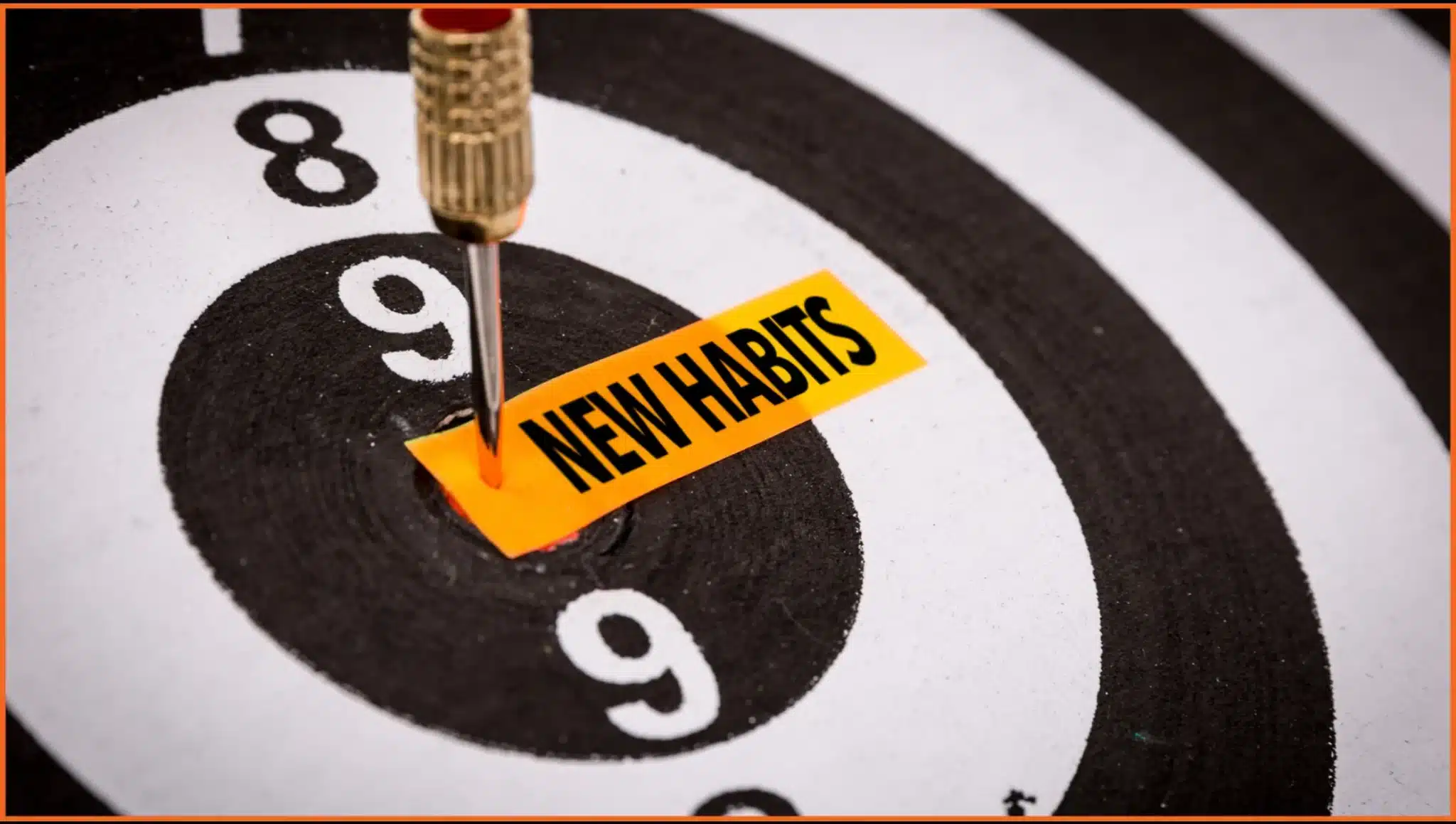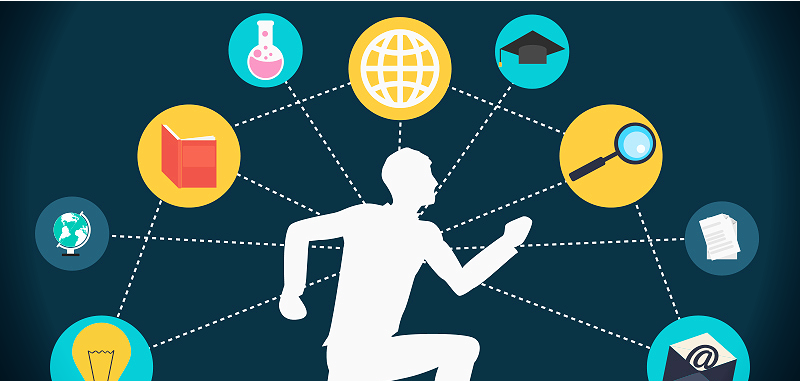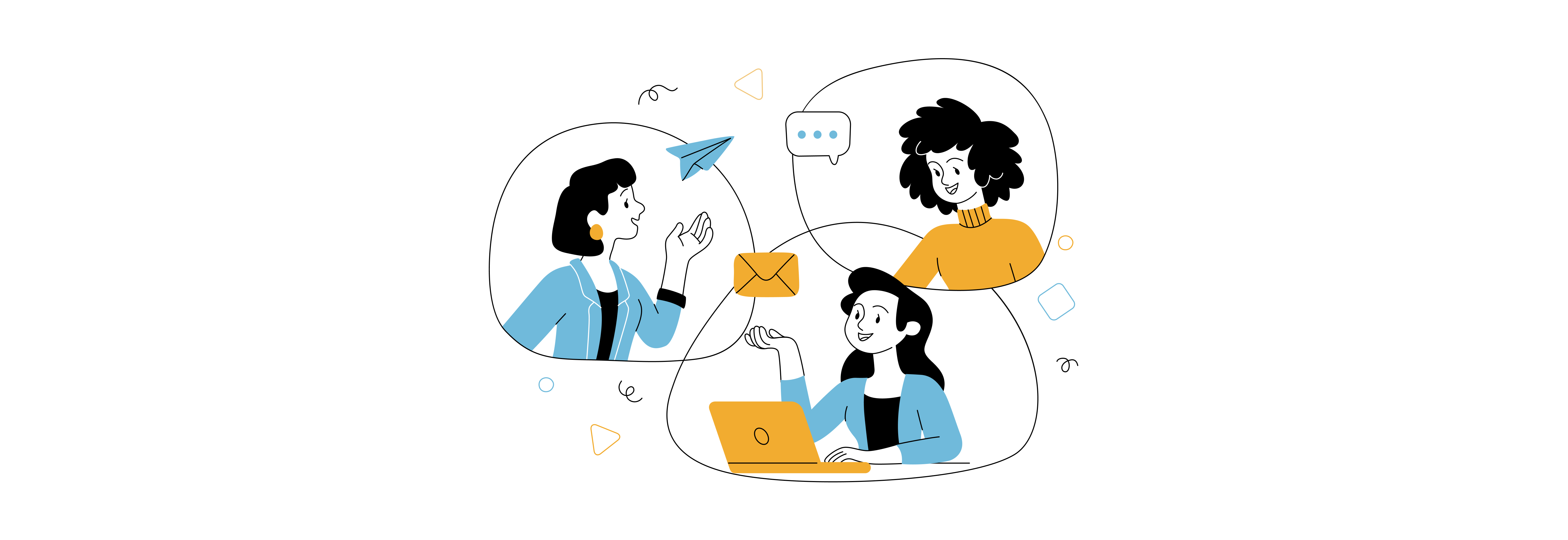A few weeks ago, I caught myself doing something familiar. I was working through lunch, multitasking between emails, meetings, and messages, barely registering the passage of time. By the end of the week, I felt exhausted and oddly dissatisfied, despite checking everything off my to-do list. That’s when I realized I needed a break. Not a vacation. Just a break, a moment to breathe, reflect, and reset.
We often admire those who keep pushing boundaries. Hustle culture celebrates grinding through the fatigue and glorifies being busy. But what if the key to lasting productivity and happiness lies not in pushing harder, but in pausing more often?
Taking a break is not a luxury. It is a necessity. Just like a machine needs maintenance, so do we. The car metaphor from the original post was spot on, and I want to build on that. Let’s explore three powerful reasons why you must take a break, especially if you are a working professional navigating deadlines, targets, and team responsibilities.
1. You Can’t Go Far Without Pit Stops
Table of Contents
Imagine you are driving a Formula 1 car. It is engineered for speed, precision, and performance. But even this elite machine needs regular pit stops for refueling, tyre changes, and diagnostics. Without these, the car risks breakdown or worse, a crash.
The same principle applies to our lives. We are high-performing individuals with goals, ambition, and a relentless drive to succeed. But without breaks, we run the risk of burnout. And burnout doesn’t just affect performance. It erodes our creativity, our joy, and our relationships.
When I reflect on my own work habits, I notice that my most productive periods were always interspersed with intentional rest. Whether it was a long weekend away, a half-day spent with a book, or a walk in the middle of the day, the break gave me clarity. It reminded me why I do what I do.
In the world of corporate learning and development, we often speak about energy management, not just time management. Taking breaks helps you recharge your emotional, cognitive, and physical energy.
A manager constantly under stress becomes reactive instead of proactive. An HR professional who never unplugs loses touch with empathy. An L&D specialist who keeps pushing workshops without renewal risks delivering routine instead of insight.
If we want to be effective for the long run, we need to normalize taking breaks as part of our professional rhythm, not as a sign of weakness.
2. You May Be Racing Toward the Wrong Finish Line
One of the most sobering realizations I’ve had is this. Just because you are making progress doesn’t mean you are heading in the right direction.
I once met a senior executive at an offsite program who confessed that after 25 years of chasing titles and financial success, he felt empty. He had earned prestige, power, and recognition, but not peace. His health was suffering, his family felt distant, and he couldn’t remember the last time he felt truly excited about his work.
He wasn’t lazy. He wasn’t unmotivated. He was just running a race that wasn’t his.
We sometimes avoid taking breaks because we fear slowing down. But breaks are the only time we get to lift our heads and ask, “Am I heading where I want to go?” If we keep running without reflection, we risk reaching a destination we never intended.
In the workplace, this is especially critical. Leaders must constantly assess whether their goals align with team values and personal purpose. HR professionals must evaluate whether policies and cultures are helping people thrive or just perform. L&D teams must ask if learning programs are genuinely driving transformation or simply ticking boxes.
Breaks give us a moment to assess, realign, and reimagine. They remind us that success without meaning is just motion.
If you have ever found yourself questioning your role, your goals, or your workplace satisfaction, the answer may lie not in pushing harder, but in pausing more intentionally.
3. You Lose Focus on What Truly Matters
Let me share a simple visual that stuck with me.
Imagine holding a torch in your right hand and a glass of water in your left. You are running fast, your torch lighting the way ahead. But when you finally stop and glance at your left hand, the glass is empty. The water sloshed out along the way. It’s gone.
That water is your health, your relationships, your peace of mind. In the relentless pursuit of goals, we often forget to care for the things that sustain us. And by the time we achieve what we were running toward, we find ourselves depleted, disconnected, and dry.
Taking a break is how you protect the water in your life.
I have seen this in team settings too. A star performer begins skipping lunch, missing family time, and ignoring signs of stress. Eventually, they snap. Productivity drops, morale suffers, and the team absorbs the ripple.
This isn’t just about individuals. This is about organizational culture.
Breaks must be institutionalized. Not just offered during leaves or holidays, but built into daily rhythms. Encourage walking meetings. Normalize logging off on time. Introduce silent zones. Promote mental health days without guilt.
Some of the most innovative companies now use micro-breaks as a strategy to improve focus. A 10-minute pause between intense meetings. A no-meeting Friday. A dedicated time to unplug.
At FocusU, we advocate for recharging not just as a wellness strategy, but as a performance enabler. One of our most purposeful formats, Mindfulness at Work, is designed around this very idea. Because we believe that focus and fulfillment can coexist.
The Science Behind Taking Breaks
If you are wondering whether this is all just feel-good philosophy, let me reassure you. The benefits of breaks are backed by science.
Research from the University of Illinois found that taking breaks during long tasks helps maintain consistent performance. Without breaks, performance declines over time.
The Zeigarnik Effect suggests that our brains remember uncompleted or interrupted tasks better than completed ones. Pausing during work actually enhances memory and processing.
Another study from Harvard Business Review emphasized how strategic renewal, such as meditation, exercise, or even napping, improves job performance and satisfaction.
So, the next time you feel tempted to push through fatigue, remind yourself that rest is productive.
But What If I Don’t Have Time for a Break?
This is the most common resistance I hear. And I get it. Between client demands, project deadlines, and personal responsibilities, carving out a break feels indulgent or even impossible.
But here is the paradox. You are too busy not to take a break.
Even short, intentional pauses can make a difference. A five-minute breathing exercise. A lunch eaten without a screen. A walk around your block without headphones. A phone-free evening with your kids.
Breaks don’t always require a beach or a retreat. They just require presence.
If you lead a team, model this behavior. If you are part of HR, create systems that allow it. If you are in L&D, embed it into your programs.
Because when people return from even a short break, they bring back more clarity, creativity, and commitment.
My Personal Practice of Taking Breaks
Let me end with a small practice that has helped me immensely.
Every Sunday evening, before I plan my week, I ask myself, “When will I pause?”
I block 30-minute windows into my calendar just like any other meeting. These are my pit stops. They might include reading for pleasure, journaling, walking, or simply sitting quietly with tea.
At first, I felt guilty. But now, I look forward to these moments. They are not gaps in my productivity. They are anchors of my clarity.
And the results? I am less reactive, more intentional, and more available to my work, my family, and myself.
A Final Word to Corporate Leaders
The world of work is changing. The best-performing teams are not the busiest ones, but the most balanced. In the coming years, the competitive edge will belong to organizations that build cultures of renewal.
So, as you chase your KPIs and OKRs, ask yourself and your teams:
- Are we creating space to pause?
- Are we defining success beyond output?
- Are we nurturing what sustains us?
Because in the end, it is not about how fast you go. It is about how far you can go, together, energized, and well.
Looking to integrate mindfulness and renewal into your team culture?
Explore FocusU’s Mindfulness at Work and Team Bonding Experiences that help teams refuel and realign.










